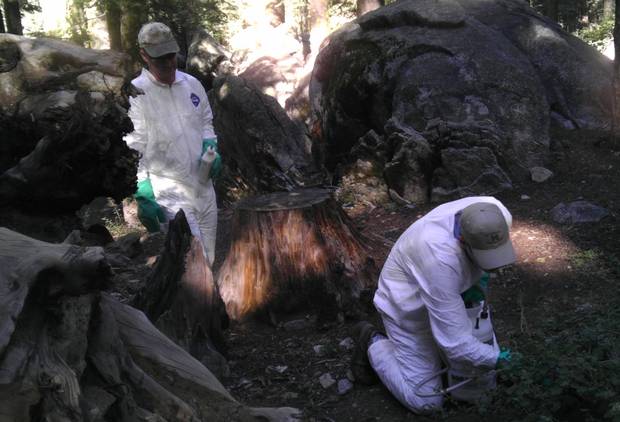-
Tips for becoming a good boxer - November 6, 2020
-
7 expert tips for making your hens night a memorable one - November 6, 2020
-
5 reasons to host your Christmas party on a cruise boat - November 6, 2020
-
What to do when you’re charged with a crime - November 6, 2020
-
Should you get one or multiple dogs? Here’s all you need to know - November 3, 2020
-
A Guide: How to Build Your Very Own Magic Mirror - February 14, 2019
-
Our Top Inspirational Baseball Stars - November 24, 2018
-
Five Tech Tools That Will Help You Turn Your Blog into a Business - November 24, 2018
-
How to Indulge on Vacation without Expanding Your Waist - November 9, 2018
-
5 Strategies for Businesses to Appeal to Today’s Increasingly Mobile-Crazed Customers - November 9, 2018
Georgia native may be second Yosemite plague victim, health officials say
Father of 18-year-old Georgian plague victim says Yosemite National Park lacks warning signs of plague, hence, necessary to warn people about the danger.
Advertisement
Authorities have closed the park’s Toulomne Meadows Campground and treated it with the insecticide deltamethrin to prevent the further spread of the disease, which is carried by squirrels, other small rodents and their fleas. The second Yosemite patient is the fourth case of the plague in the American West in 2015.
The patient from Georgia, who likely contracted plague while hiking in California’s Yosemite National Park, is hospitalized and being treated with antibiotics, and is expected to make a full recovery. At this point, the patient is presumed to have the plague, but the Centers for Disease Control and Prevention (CDC) is still conducting tests to confirm the illness.
While there haven’t been any studies looking to see if the California drought is affecting plague risk, past research has shown that weather can affect plague transmission, said Dr. Bruno Chomel, a professor at the University of California at Davis, School of Veterinary Medicine.
In a report from the California Department of Public Health, it is suggested that two people recently in California have a disease best known for killing millions centuries ago that – despite all the advances of modern science – remains a real present-day problem, according to CNN.
On Wednesday, Ben Lindquist, the victim’s father said Hannah nearly died, saying that people who are visiting the park should be warned.
After learning about the case of a Californian girl, the parents of Hannah requested for test, and the doctor discovered that the 18-year-old lady was positive for bubonic plague, was given antibiotic and treatment at once. When an infected rodent becomes sick and dies, its fleas can carry the infection to other warm-blooded animals or humans. Human-to-human transmission is rare and typically requires direct and close contact with the person with pneumonic plague.
Advertisement
In addition to the CDC, the department is working on this investigation with the California Department of Health, the National Parks Service and Yosemite National Park. From then to 2012, more than 1,000 confirmed or probable human plague cases occurred across the nation, but there has never been a recorded case of human plague in Georgia. “People who develop these symptoms should seek immediate medical attention and notify their health care provider that they have been camping or out in the wilderness and have been exposed to rodents and fleas”.





























